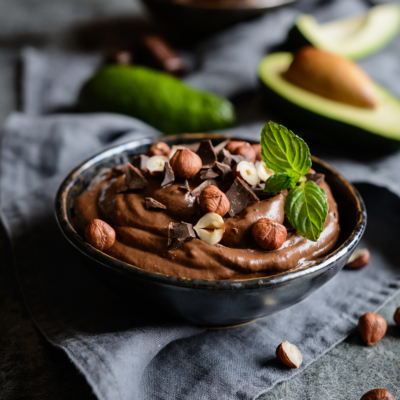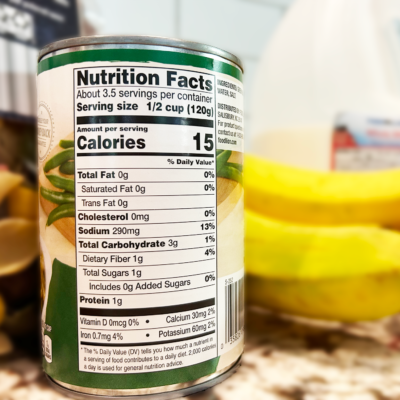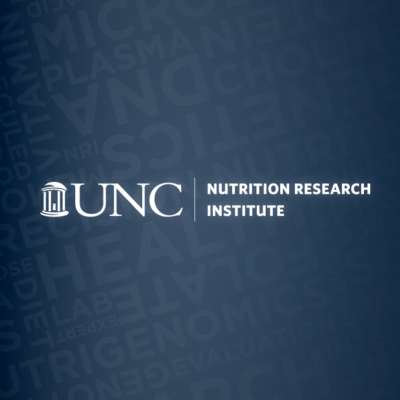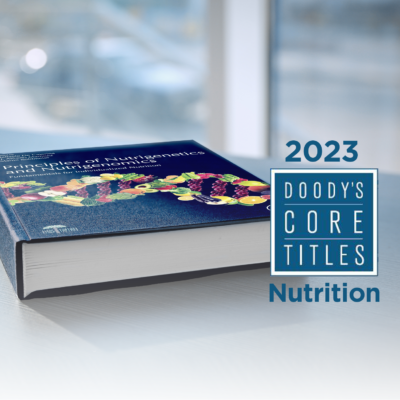Microbiome and Nutrition
The complex community of bacteria, yeasts and viruses living in our intestines, collectively known as the gut microbiome, is shaped, in part, by what we eat. Genetics, environment, and other factors also influence an individual’s microbial community. Research at the NRI investigates these complex relationships and their impact on disease risk. We use animal models and bioinformatics to study the associations between nutritional metabolites, gut microbiome, and health. What happens in the gut doesn’t stay in the gut. Your microbiome can play a role in cardiovascular disease, obesity and diabetes, and even cancer. Our team envisions a future where analysis of your microbiome can determine disease risk, and medical foods can be prescribed to treat and prevent disease by regulating the microbiome.
Publications
Microbiome and Nutrition Publications
2020
Population studies of TMAO and its precursors may help elucidate mechanisms. Meyer K
2019
Association of dietary patterns with the gut microbiota in older, community-dwelling men. Meyer K
2018
Meta-analysis of human genome-microbiome association studies: the MiBioGen consortium initiative. Meyer K
Human microbiota, blood group antigens, and disease. Sumner S
2017
Trimethylamine N-Oxide, the Microbiome, and Heart and Kidney Disease. Zeisel S
2016
Diet and Gut Microbial Function in Metabolic and Cardiovascular Disease Risk. Meyer K
Antibiotic-mediated gut microbiome perturbation accelerates development of type 1 diabetes in mice. Sumner S
Related News
Avocado Chocolate Mousse
Recipe by Chef Megan Lambert, Senior Instructor at Johnson & Wales University, Charlotte, NC. Avocado Chocolate Mousse Serves: 6 – 8 2 ripe avocadoes, mashed, about 1 ½ cups ½ cup apple juice 2 tbsp special dark or Dutch cocoa powder 1 cup high-quality chocolate...
All of Us
All of Us is looking for participants in Chapel Hill, Kannapolis, and surrounding areas. We hope that at least one million people will join from across the U.S. People who join will share information about their health, habits, what it’s like where they live, and if they will want information about their DNA.
Just the Facts
This story originally appeared on the UNC Gillings School of Public Health website. by George Spencer illustrations by Haley Hodges ’19 Andy Warhol never met William Hubbard or Jerry Mande, MPH ’83 (nutrition). But the pop artist who turned soup can labels into art...
Our science is complex, but the focus is clear: we do it for you!
Your nutritional needs are as unique as you are. They depend on things like your genes, microbes, and environment. We focus on understanding how these individualities affect the way nutrition works to address some of our most common medical concerns like cancer, heart...
Kohlmeier Co-edited Textbook selected as Core Title in Nutrition
Martin Kohlmeier’s book, Principles of Nutrigenetics and Nutrigenomics: Fundamentals for Individualized Nutrition, co-edited with Raffaele de Caterina and Alfredo Martinez, is among the books selected for Doody’s Core Titles in Health Sciences for 2023. This list...







